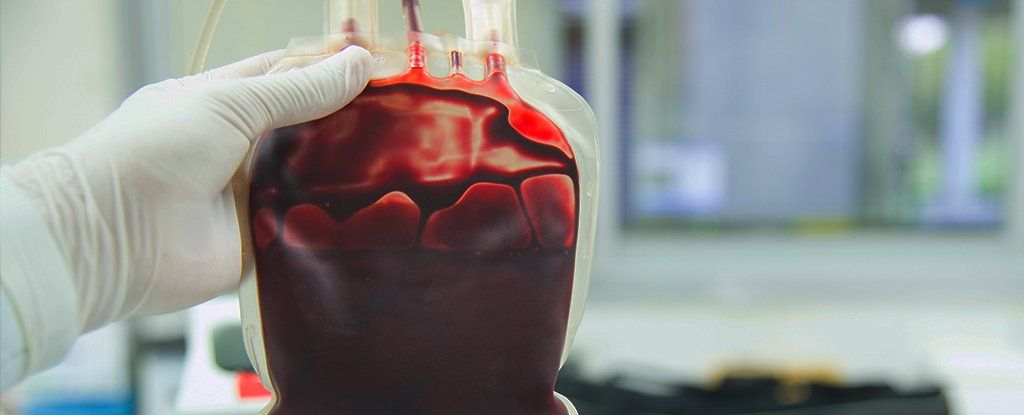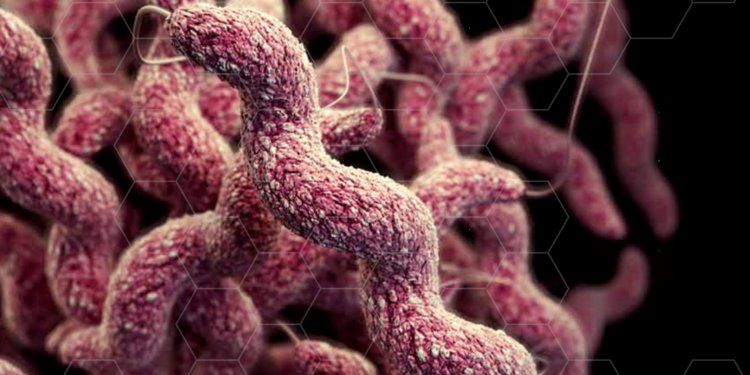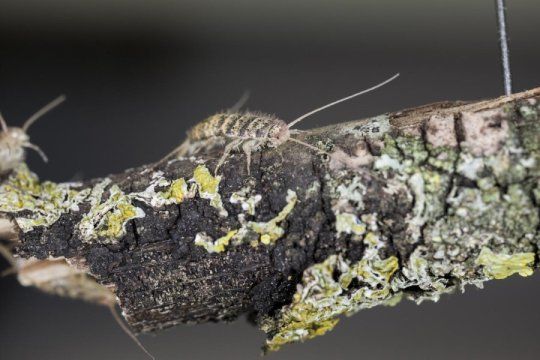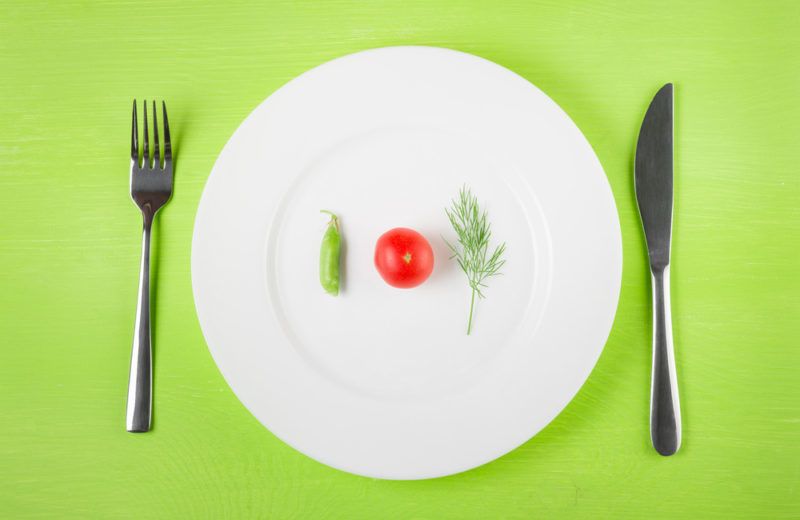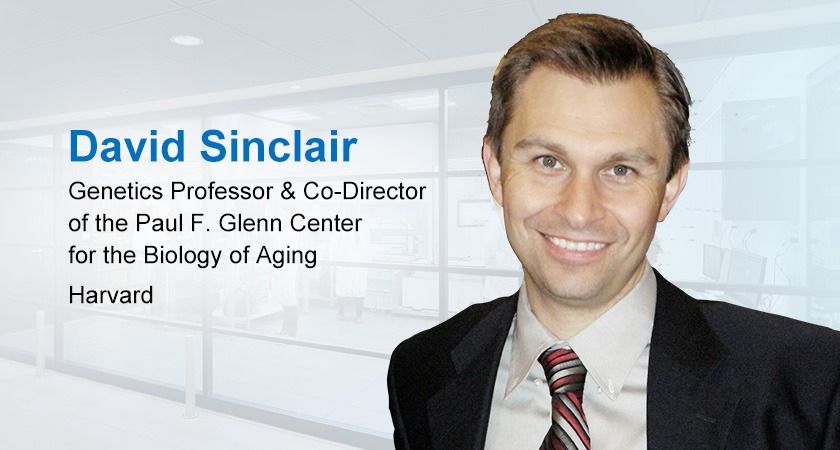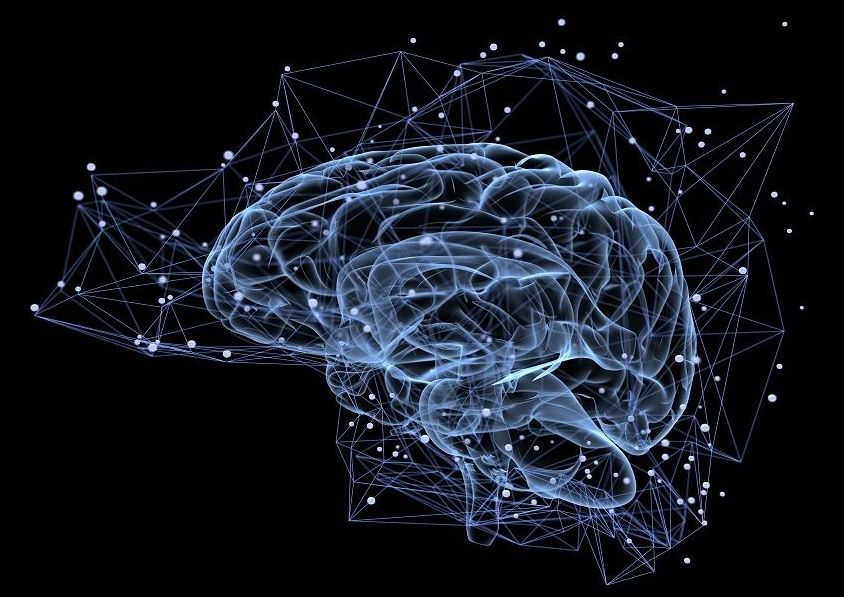Feb 26, 2018
“Nanodrops” That Repair Corneas May Ultimately Replace Glasses
Posted by Shailesh Prasad in category: biotech/medical
Quite a number of people develop nearsightedness or farsightedness during their lifetimes. “Nanodrops,” a new eye drop developed by Israeli ophthalmologists, has successfully fixed corneas in pig eyes, and could potentially do the same for people.
New eye drops developed by researchers from the Shaare Zedek Medical Center and Bar-Ilan University in Israel can improve both nearsightedness and farsightedness, the inventors claim. However, so far the “nanodrops” have only been successfully tested on pigs’ corneas.

